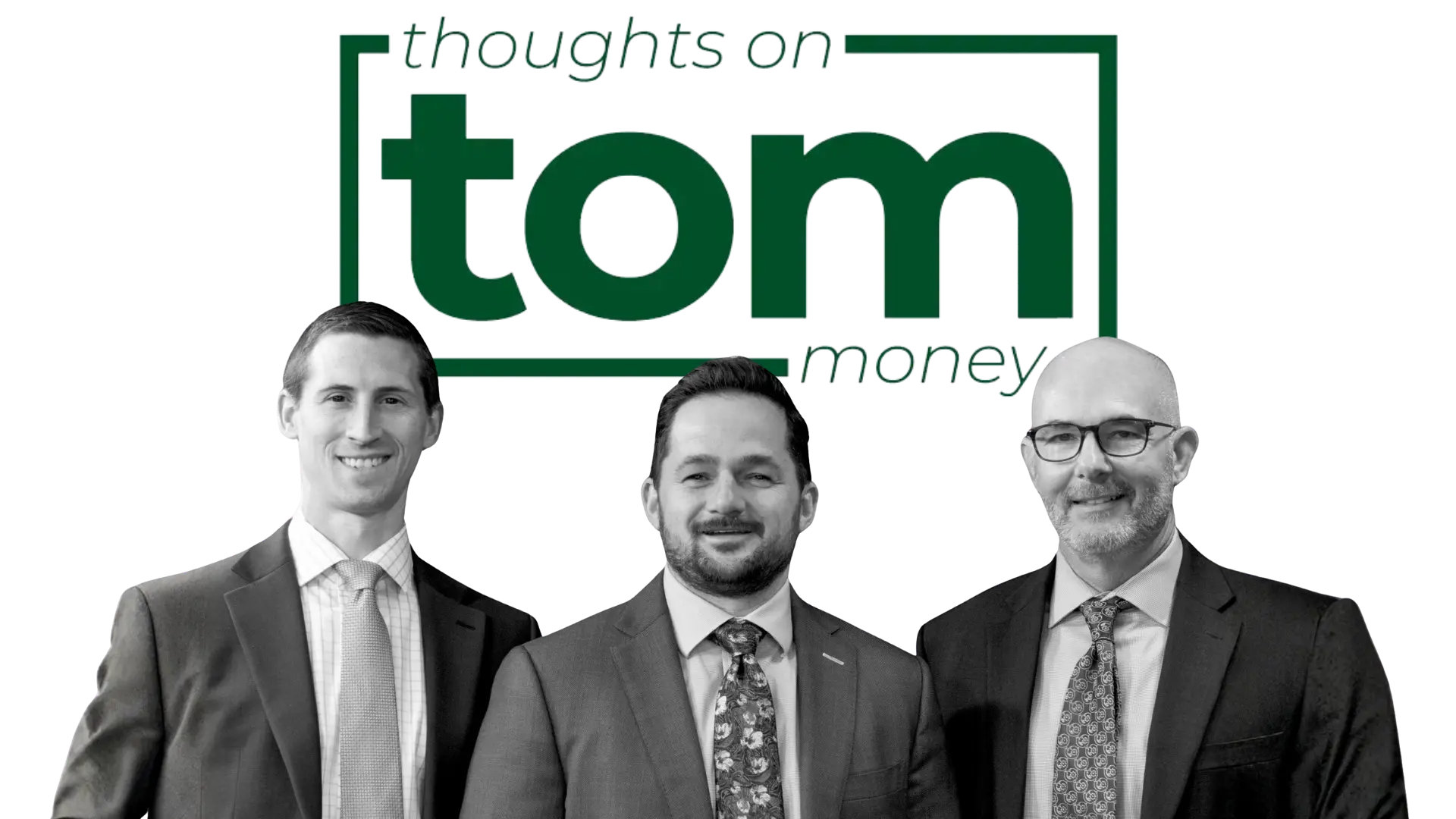Just as we celebrate our children’s first steps, first words, and first days of school, our financial lives also have significant milestones. These milestones often come with new privileges, responsibilities, and decisions. Let’s take a journey through the decades, exploring key financial moments from age 0 to 100.
All of the items below have nuances to unpack, so if you read something that you’d like more information on, I encourage you to listen to the podcast or email us at .
Off we go…
The Early Days
Age 0: As soon as a child is born, a UTMA (Uniform Transfers to Minors Act) account and/or a 529 can be funded. Think of a UTMA as a general investment account for the minor’s benefit and a 529 as money earmarked for a minor’s education (with some potential tax benefits). What better way to compound your investments than to start before you can walk and talk?
0-18: As soon as a child has earned income, you can fund a Roth IRA, although a parent or guardian must open the account until the child reaches adulthood. What’s better than compounding investments before you can walk and talk? Doing so tax-free, of course!
18-25: Depending on state law and the age specified when the account was set up, a minor will gain control of a UTMA account between ages 18 and 25.
In addition to funding accounts for a minor, the early days are a pivotal time to teach children about money. Money is a tool we deal with every single day, yet most children enter college or the workforce woefully unprepared to handle it.
Know that your children listen to how you talk about money and observe how you earn, save, invest, spend, and give.
Adulthood
Although there are no particular age milestones, early adulthood (and parenting) come with a few considerations.
Raising young children is incredibly fulfilling, but as most parents can attest, it will be the most difficult job they’ll ever have. Thankfully, parents catch a (tax) break. The current Child Tax Credit is worth up to $2,000 per qualifying child, although income limits apply.
In early adulthood, I’d urge you to consider the following two things…
- Term Life and/or Disability Insurance: If you have dependents (spouse and/or children) relying on your income, term life insurance is a very inexpensive way to protect your family in the event of your death. Likewise, disability insurance covers your family in the event of your disability (which is statistically more likely to happen than death during these years).
- Build savings habits: Although your assets won’t have much time to compound in your 20’s, it is a great time to build those savings habits for the next 30-40 years.
The common thread above is building a solid foundation for your financial future.
Pre-Retirement
50: If you turn 50 in the calendar year, you may contribute an additional $7,500 to employer retirement plans like 401(k)’s, 403(b)’s, most 457 plans, and TSP’s. You can also contribute an additional $1,000 to Traditional and Roth IRA’s, and an additional $3,500 to SIMPLE IRA’s.
55: You may be eligible for penalty-free withdrawals from an employer plan like a 401(k). You can also contribute an additional $1,000 to your Health Savings Account.
59.5: Penalty-free withdrawals from IRA’s and retirement plans. In addition, most employers allow you to process an in-service rollover, meaning you can move your 401(k) or 403(b) into an IRA even if you’re still working.
This decade is “crunch time” when it comes to retirement. Are you taking advantage of all possible retirement accounts?
During this pre-retirement period, you’ll want to make sure your investment portfolio is prepared for an eventual retirement. However, becoming too conservative can be a huge detriment to the long-term health of your financial plan. If you are age 55, retiring at age 60, and expect to live to age 95, remember that your investment time horizon is not five years. It is 40 years!
The 60’s (Retirement, Social Security and Medicare)
60: Widow’s may be eligible for the Social Security Survivors benefit.
62: The earliest start date for Social Security. Depending on age, the benefit will be reduced by 25%-30% compared to your Full Retirement Age benefit.
65: Medicare begins ($174.70 per month for Part B, although it can be much more expensive for high-income earners). You can also take distributions from your Health Savings Account penalty-free for nonqualified medical expenses.
66-67: Full Retirement Age (FRA) for Social Security (the exact date depends on the year you were born). Social Security benefits are calculated around your FRA, so it is important to know when your FRA is, as well as what your projected FRA benefit will be.
70: Maximum Social Security benefit, which can be 24%-32% higher than your FRA benefit (depending on the year you were born).
The rules around Social Security, Medicare, and retirement plan distributions are incredibly complex and often involve irrevocable decisions. My advice: Talk to a professional! In some cases, these choices can be the difference between hundreds of thousands of dollars throughout your retirement.
Tax planning is also crucial during these years, as many investors switch from W-2 or self-employed income to a combination of Social Security, investment, and/or pension income. This allows for opportunities to be creative and tax-savvy.
Last note: Don’t make critical mistakes! These years are too important to let a poor decision derail your plan.
The Golden Years
70.5: Instead of charitable giving via cash or other securities, you can give directly from your IRA (up to $105,000 per year). Any amount you donate to charity is not taxable, potentially reducing your Adjusted Gross Income.
73-75: The IRS forces Required Minimum Distributions (RMD’s) from IRA’s and 401(k)’s. For someone aged 73 in 2024, they will be required to withdraw about 3.8% of their account value as of December 31, 2023, with the percentage increasing each year.
A few things are helpful to consider at this stage…
- Review beneficiaries and estate plan: Consider “how much do I want to leave to 1.) my spouse, 2.) my children, 3.) charities, and 4.) the government?” It is amazing how often we find that a client’s desires are not congruent with how their estate plan and beneficiaries are currently constructed.
- Portfolio income growth: Ensure portfolio income is growing at a greater rate than inflation. Although it may make sense to become a bit more conservative with your portfolio, becoming too conservative can hinder your ability to keep your purchasing power.
- Don’t die with a pile of money: Unless this is a stated goal, I’d rather see a client use their resources in their lifetime rather than distributing it at their deathbed. Whether it’s spending more, helping children, or blessing charities, part of a wealth advisor’s duty is to help clients have the confidence to spend or give their money.
Every financial journey is unique, but understanding these age-based milestones can provide a helpful roadmap. As you navigate different life stages, remember to regularly review your financial plan and seek professional advice when needed. With each one of these milestones, there is much more to unpack, so if you have any questions, please don’t hesitate to reach out. We are here to serve you!






